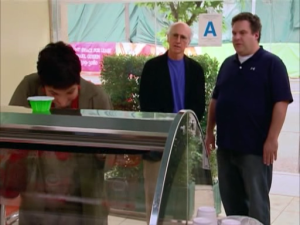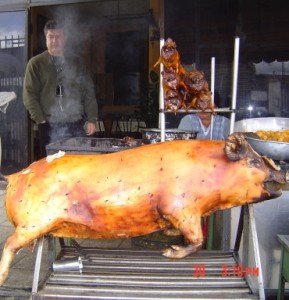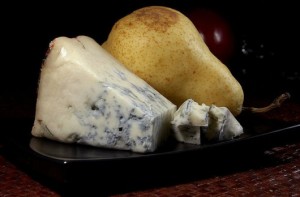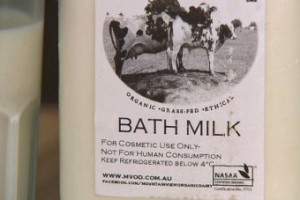Moves by the Victorian Government to introduce new laws aimed at preventing people from drinking unpasteurized milk have prompting questions about whether other states will do the same.
 Under the changes being introduced in Victoria, suppliers will forced to either pasteurise the product, or add an agent to make it taste bitter.
Under the changes being introduced in Victoria, suppliers will forced to either pasteurise the product, or add an agent to make it taste bitter.
The changes come after the death of a three-year-old boy earlier this month, after he drank raw milk earlier this month.
Victoria’s Consumer Affairs Minister, Jane Garrett, says the new laws aim to make bath milk undrinkable, by adding an ingredient to make it taste bitter.
“If people do accidentally confuse raw milk with pasteurised milk, they will either be drinking a product that is safe because it’s been pasteurised, or it will have the foulest taste known to human kind and they will not be able to continue drinking it,” she said.
There are less than ten raw milk producers in Queensland, but some are already nervous that similar regulations could be introduced in the Sunshine State.
Following the child’s death in Victoria, Queensland Health came out strongly against the sale of unpasteurised milk.
At the time, Queensland Health’s chief medical officer Dr Jeanette Young said she would like to see big changes in the rules governing ‘bath milk.’
Yesterday a spokesperson for the Queensland Health Minister said the Government’s position had not changed since then.
The state’s producers of unpasteurised milk say there is no need for greater regulation.
Cleopatra’s Bath Milk manager Trevor Mahaffey says the decision in Victoria is a knee-jerk reaction and he doesn’t believe the Queensland Government will follow suit.
He says buyers should be allowed to make their own decisions.
“It’s a shame that the minister down there (in Victoria) hasn’t looked at both sides of the argument and spoken to people from both sides,” he said.
Mr Mahaffey also said it had not been proven the child in Victoria had died as a result of drinking unpasteurised milk.
 But, three other kids developed hemolytic uremic syndrome, a kidney ailment consistent with shiga-toxin producing E. coli.
But, three other kids developed hemolytic uremic syndrome, a kidney ailment consistent with shiga-toxin producing E. coli.
Even more baffling was the comments from Queensland Dairy Farmers Organisation president, Brian Tessman, who says it is up to the government to decide how it legislates around raw milk.
“They need to decide is it an acceptable risk or not and either decide if they should ban it or put a quality assurance system on it,” he said.
“They need to go on the science and I am not a scientist and we don’t have anyone at the QDO with the scientific qualifications needed to make that decision.”
Maybe they should get some. Or shut-up.










